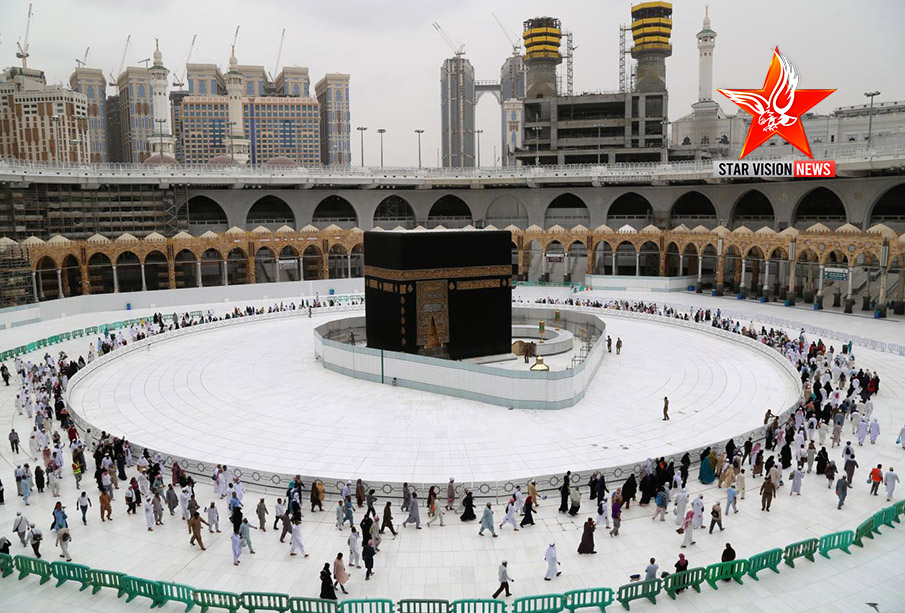Saudi Arabia announced it would hold a “very limited” hajj this year, with pilgrims already in the kingdom allowed to perform the annual ritual as it moves to curb the coronavirus pandemic.
But the decision to limit the hajj, scheduled for late July, is fraught with political and economic peril and comes after several Muslim nations pulled out of the ritual.
“It was decided to hold the pilgrimage this year with very limited numbers… with different nationalities in the kingdom,” the official Saudi Press Agency said, citing the hajj ministry.
“This decision is taken to ensure the hajj is performed in a safe manner from a public health perspective… and in accordance with the teachings of Islam in preserving lives.”
The decision to limit the event comes as Saudi Arabia struggles to contain a spike in infections, which have now risen to some 161,000 cases and more than 1,300 deaths.
But it risks annoying Muslim hardliners for whom religion trumps health concerns.
A watered-down hajj would also represent a major loss of revenue for the kingdom, which is already reeling from the twin shocks of the virus-induced slowdown and a plunge in oil prices.
The smaller year-round umrah pilgrimage was already suspended in March.
Together, they add $12 billion to the Saudi economy every year, according to government figures.
A full-scale hajj, which last year drew about 2.5 million pilgrims, was unlikely after authorities advised Muslims in late March to defer preparations due to the fast-spreading disease.
Earlier this month, Indonesia, the world’s most populous Muslim nation, emerged as one of the first countries to withdraw from the pilgrimage after pressing Riyadh for clarity, with a minister calling it a “very bitter and difficult decision”.
Malaysia, Senegal and Singapore followed suit with similar announcements.
Also Read:
Saudi Arabia records 3,393 new cases
Saudi Aramco expects SABIC acquisition to accelerate its downstream strategy
Saudi Arabia to block 231 websites that violate laws


